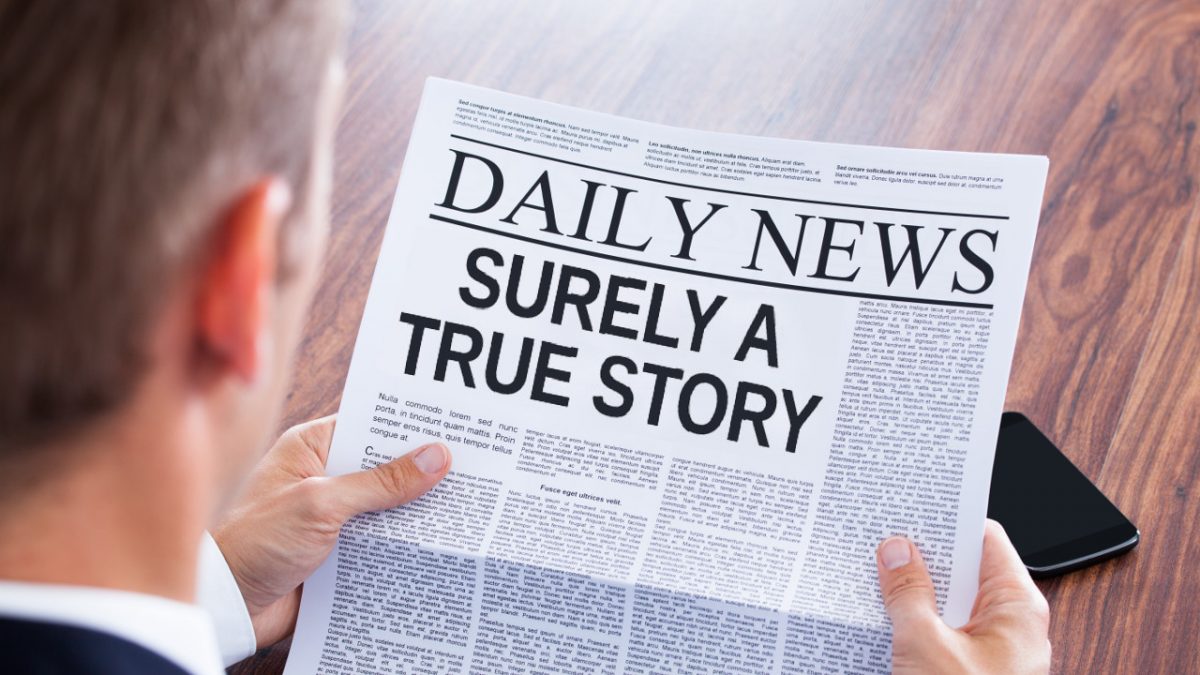Why does Britain want to put the public in prison for fact-checking claims in the mainstream media?

British Home Secretary Amber Rudd has announced a fifteen-year prison sentence for watching terrorist propaganda, whatever that means this week. There is an exception for academics and journalists with “legitimate reason” to watch the material firsthand. But this also means the general public is going to be banned, under threat of a long prison sentence, from fact-checking such stories in the mainstream media.
In the last post about Britain’s announced law putting people in prison for “repeatedly watching terrorist content”, which amounts to putting people in prison for reading banned literature, there is a catch that deserves particular attention.
There is an exception to the announced law, where you may have a “legitimate reason” to watch such “terrorist content”, and therefore should not have to be in prison for fifteen years for doing so. The announced legislation still doesn’t sound sensible in the slightest, but at least you can detect that somebody with a bit of sense had a small amount of say to mitigate the worst effects of this digital book burning law.
But there’s a catch.
The exception where you may be allowed to watch such material firsthand only applies if you’re an academic or journalist. Only then is it even considered whether you have a “legitimate reason” to view such material, whatever reason the government considers legitimate on a particular day. It is also noteworthy that the definition of “academic” and “journalist” is highly debatable; for example, most governments consider only full-time professional reporters to be journalists, even though serious bloggers — who do not have a boss breathing down on them with pressure to get a story out quickly — can and have produced higher quality stories than your average paid reporter.
However, for the general public, there is never a right to view the material firsthand. This also means there is never a right for the public to verify claims made by academics or journalists by checking against their firsthand sources, even though these sources are as available to the public today as they are to journalists.
Let’s take that again, because this is the consequence of these laws: the general public will be put in prison for fifteen years for verifying claims made by the mainstream media, by checking the claims against the primary sources.
This leads us to the inescapable question:
Why does Britain want to put the public in prison for verifying claims made in the mainstream media?
Privacy and fact-checking remain your own responsibility.
Comments are closed.

Scary times we live in.
Last time the political class become like that people took the guillotine out to exterminate the vermin in power. Everything indicates we’re long overdue for a big cleanup.
I think I’d be more inclined to ascribe this to incompetence than malice – ie: “Something must be done. This is something, therefore it must be done”
You’re right though – this is a type of thought-crime. Trying to bang people up because “we know they’re guilty”, but we don’t want to wait until they’ve actually committed the crime. It’s problematic to say the least.
But not unexpected – laws regarding “information” are generally made by people who brag about having to rely on their children to get their screen to work. I still haven’t recovered from the “3 strikes” “debate” that happened in NZ parliament about 5 years ago – that was an absolute fucking pantomime of ineptitude. Ridiculously embarrassing – ameliorated by the fact that only about 8 politicians bothered to turn up. The law passed (and I was really angry at the time), but I don’t think it’s made the slightest bit of difference – aside from a sharp up-tick in people using VPNs.
Alan Moore en David Lloyd “V for Vendetta” wasn’t meant to be an instruction manual.
And some addendum: the definition of ‘terrorist’ and ‘extremist’ can be what a government asserts it to be. The definition of ‘supporting terrorism’ even more nebulous. Yet this terminology already sees people put on terror prevention lockdown. When these laws are extended to ‘viewing terrorist content’ the creep into areas like ‘eco-terrorism’ (aka minor sabotage) and direct action against corporate power is very likely to occur. I have read the unabomber manifesto, a document of real philosophical meaning in terms of its deep ecology critique of techno industrial civilisation despite its label and the fact it was written by a murderer. If I keep reading it I am probably on a watch list at least or likely heading for a court appearance.
Yes, there’s a followup coming on that very topic, too.
Until relatively recently Nelson Mandela was considered to be a terrorist by many in the MSM. Until they decided he was a hero .